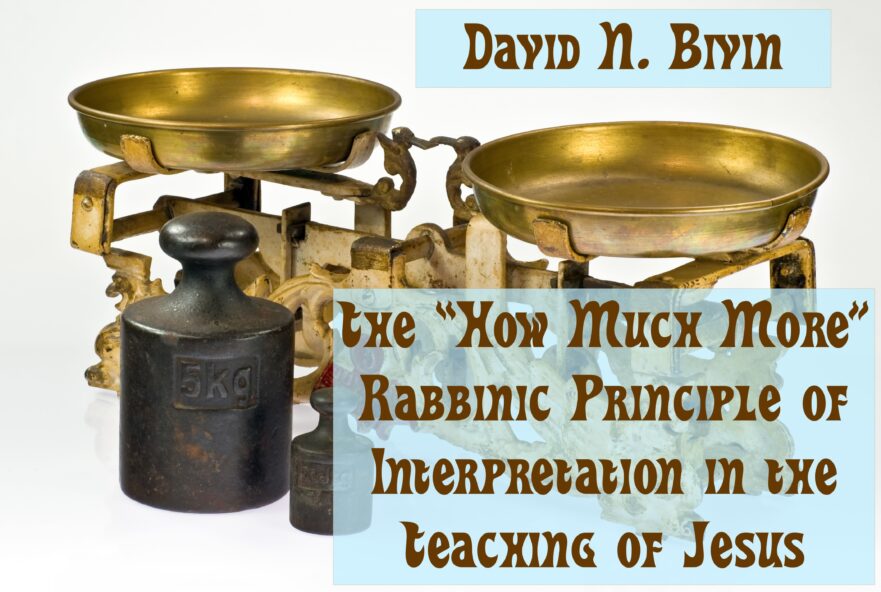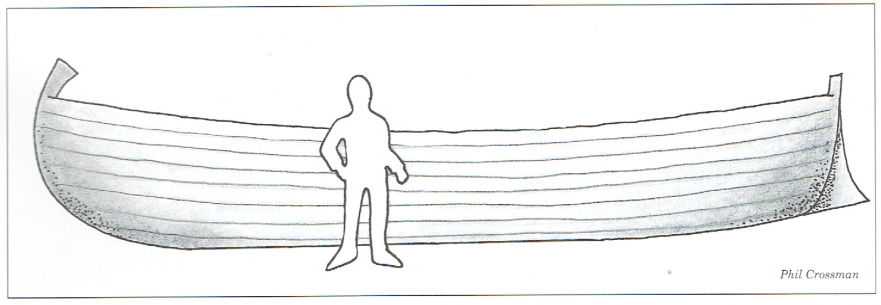The use of simple-to-complex reasoning (kal vahomer in Hebrew) is as frequent in the teaching of Jesus as in the teaching of the sages.
Hebrew Nuggets, Lesson 9: Hallelujah (Part 1)
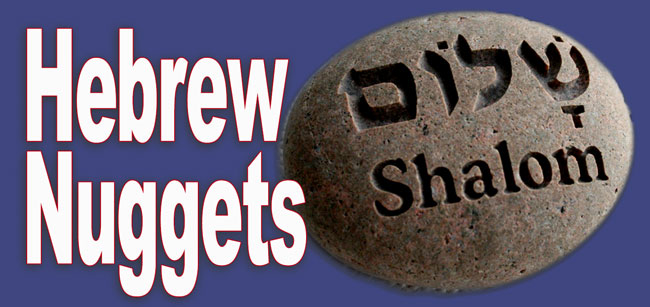
The Hebrew word ha·le·lu·YAH is used as the next object The Hebrew word ha·le·lu·YAH is used as the next object lesson in Hebrew Nuggets
Hebrew Nuggets, Lesson 8: Abba (Part 4)

Abba is an Aramaic word meaning “the father.” This word was borrowed by Hebrew speakers and used in the sense of “Daddy.” In lesson eight, the word Abba is used to teach another Hebrew letter.
Jesus and the Oral Torah: Did Jesus Wear Phylacteries?

The Gospels attest to the fact that Jesus had tassels on the four corners of his outer robe (Matt. 9:20; 14:36; Mark 6:56; Luke 8:44). Although there is no explicit evidence in the Gospels, we have reason to suggest that he also may have worn phylacteries.
Salted with Fire

Among the difficult sayings of Jesus, Mark 9:49 is one of the most enigmatic. Almost all previous explanations of this verse have dealt with the Greek text, but like many of the difficult sayings of Jesus, this one simply cannot be explained from the Greek alone.
How Long Was Jesus in the Tomb?
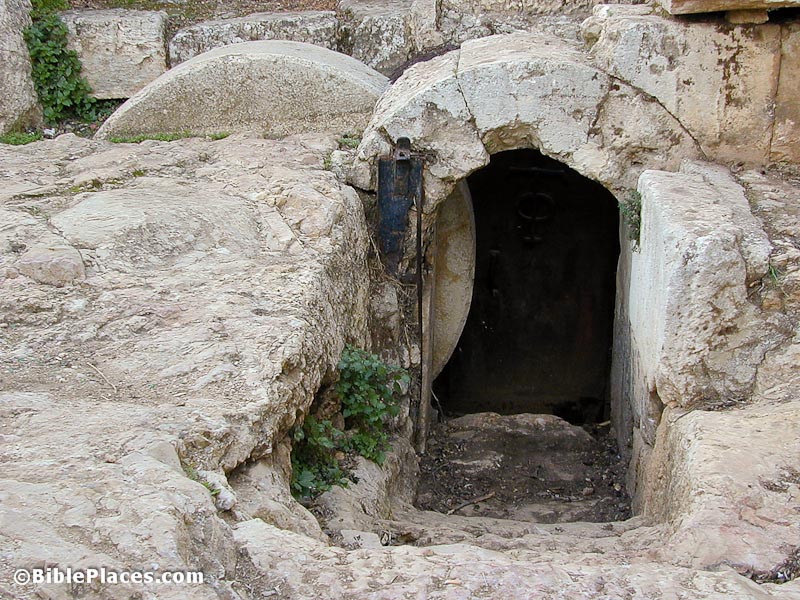
Jesus said he would remain in the grave until the third day after his death. If Jesus was buried on late Friday afternoon, how long would he have had to remain in the tomb to fulfill his prophecy about his resurrection?
The Queen of Teman

Why didn’t Jesus say “Queen of Sheba,” which is found in the Bible, instead of “Queen of the South”?
Jesus and the Oral Torah: The Hem of His Garment
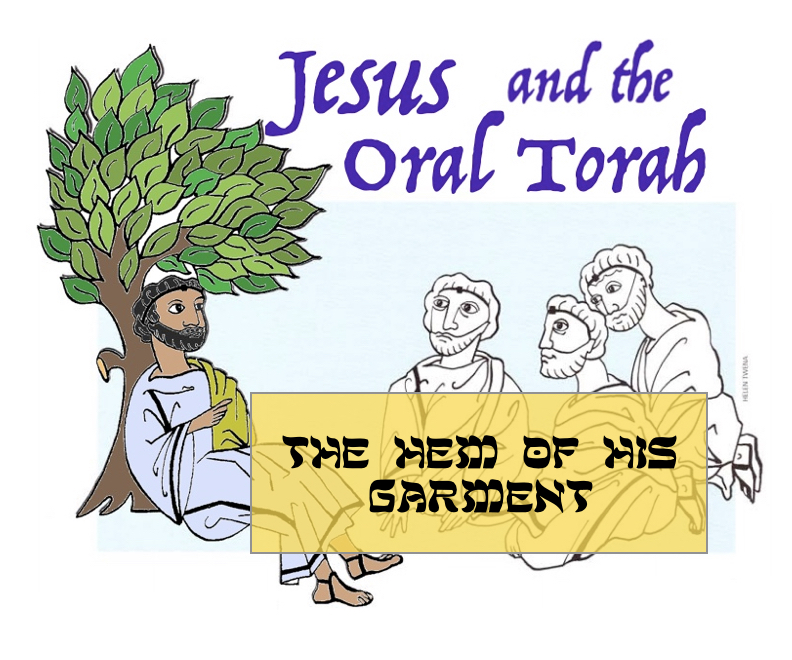
The New Testament makes it clear that Jesus, like all observant Jews of the first century, wore tsitsiyot. These are the tassels that were attached to the four corners of one’s robe as commanded in Numbers 15 and Deuteronomy 22. Jesus’ observance of this commandment is dramatically illustrated by the story of the woman who suffered from a hemorrhage for twelve years.
Hebrew Nuggets, Lesson 7: Abba (Part 3)

Abba is an Aramaic word meaning “the father.” This word was borrowed by Hebrew speakers and used in the sense of “Daddy.” In lesson seven, the word Abba is used to teach another Hebrew letter.
Jesus and the Oral Torah: Tithing
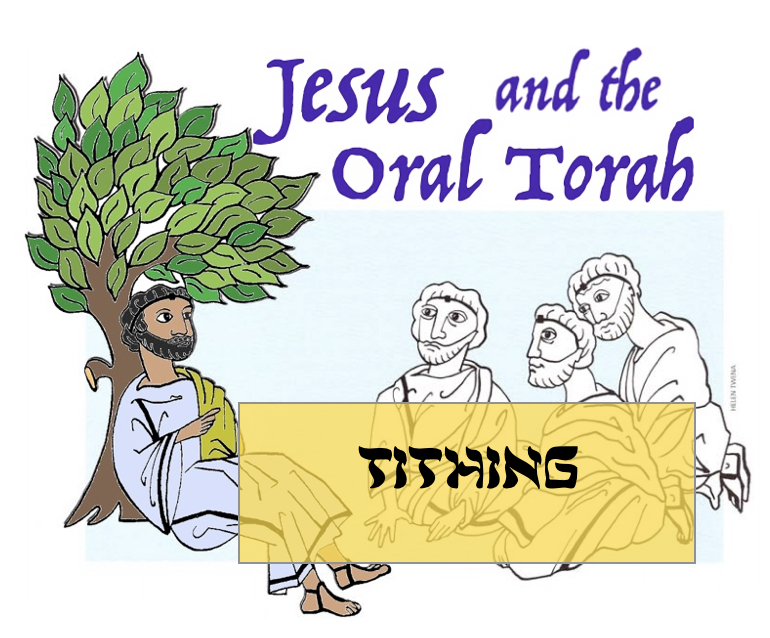
Did Jesus observe the commandment to tithe as it was interpreted in the Oral Torah?
Hebrew Nuggets, Lesson 6: Abba (Part 2)

Abba is an Aramaic word meaning “the father.” This word was borrowed by Hebrew speakers and used in the sense of “Daddy.” In lesson six, the word Abba is used to teach another Hebrew letter.
Matthew 5:17: “Destroy” the Law
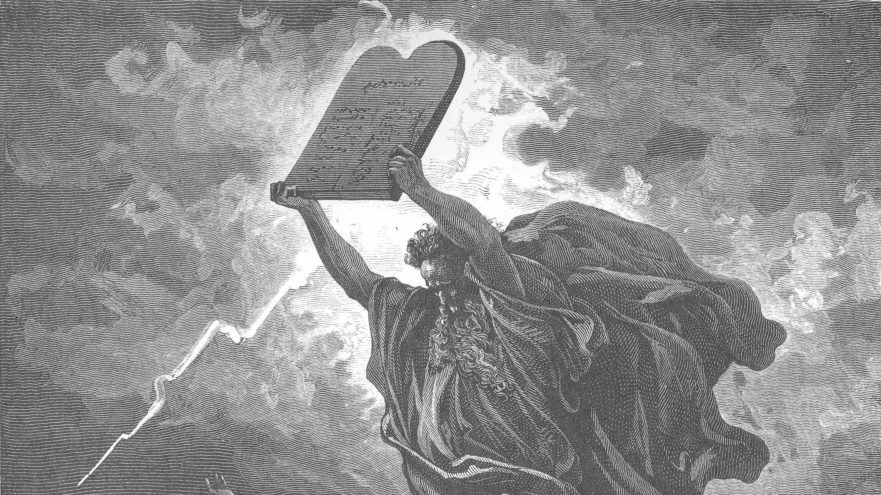
When a sage felt that a colleague had misinterpreted a passage of Scripture, he would say, “You are canceling (or, uprooting) the Torah!” In other words, “You are so misinterpreting Scripture that you are negating or canceling part of it.” Needless to say, in most cases, his colleague strongly disagreed. What was “canceling” the Torah for one teacher was “fulfilling” it for another.
Jesus and the Oral Torah: The Unutterable Name of God
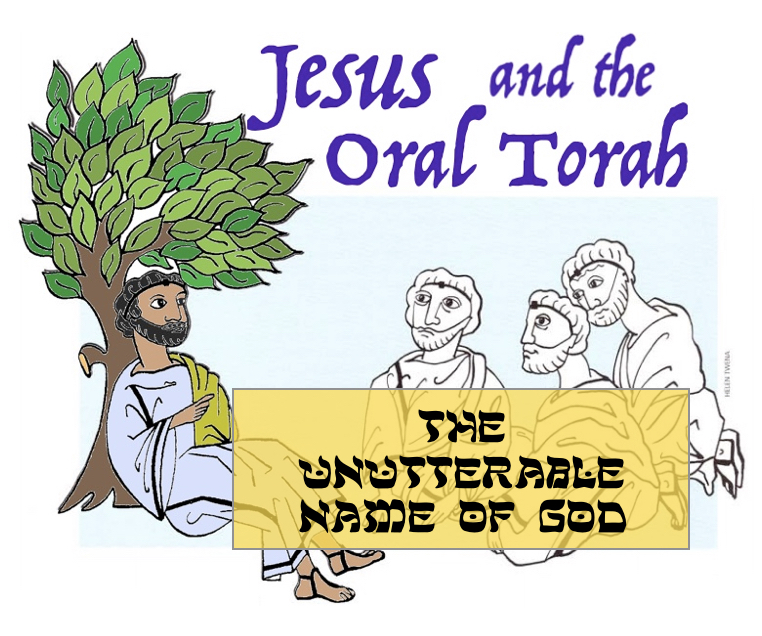
To avoid the risk of employing the divine name irreverently, the sages ruled that one should not utter it at all.
Hebrew Nuggets, Lesson 5: Abba (Part 1)

Abba is an Aramaic word meaning “the father.” This word was borrowed by Hebrew speakers and used in the sense of “Daddy.” In lesson five, the word Abba is used to teach another Hebrew letter.
The Syndicated Donkey
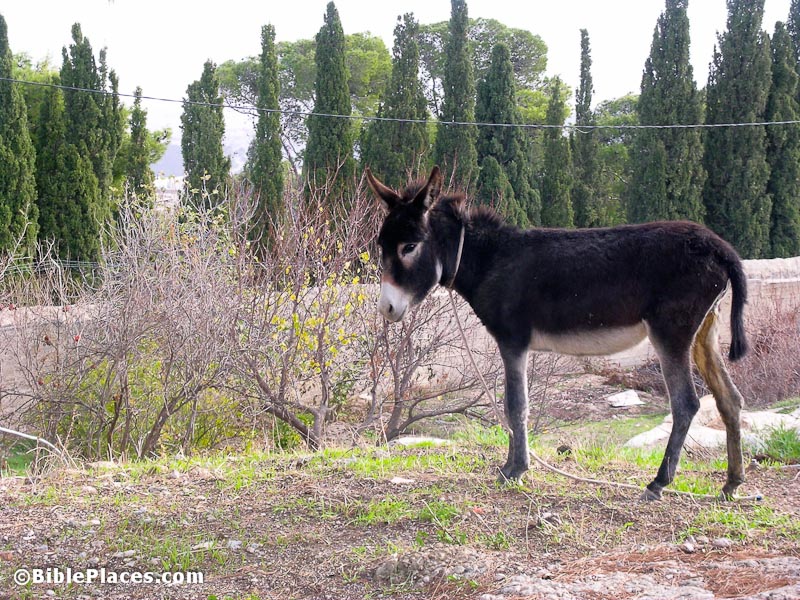
Randall Buth may have discovered a significant idiom in the Greek text of Luke. This idiom could help us in determining the original language of Jesus’ biography. In Luke 19:33, did the donkey that Jesus rode into Jerusalem on Palm Sunday have more that one owner as the Greek text states?

